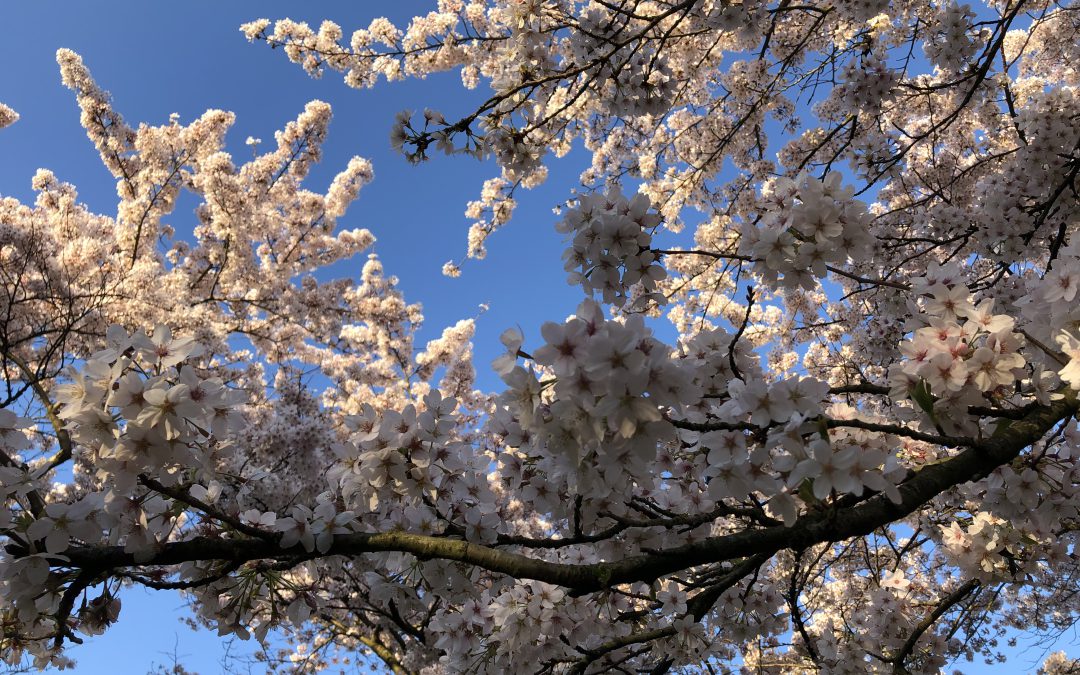
Reflecting on the loss of a loved one
Clients often tell me that it is hard to talk with family and friends about the loss of a loved one; maybe a parent, partner or child. Somehow people want to avoid the subject, or don’t know what to say, unless they too have had a similar experience, then they have a better understanding.
Wouldn’t it be great if this wasn’t the case, if they could just go ahead & talk about it. However, if you have the courage to just go ahead and talk about it, then they often feel more comfortable and the conversation just happens.
I have personal experience of this; A few weeks after Paul, my partner died, a colleague called me. He shared that he hadn’t dared to before as he didn’t know what to say. This was so endearing and nice to hear that we immediately had a long conversation.
Shortly after the passing, there’s room for compassion and sharing. Still, the lives of others continue while yours seems to have halted. For the bereaved the loss remains prominent , especially on anniversaries, birthdays and bank holidays and any other ‘firsts’ that come along. On days like these it is comforting to receive attention, being it a visit, a card or a call.
This poem from Stephen Levine from Meeting at the Edge, Healing into Life and Death, appealed to me, because it reflects the experience of loss.
This is the great confusion of a lifetime
To lose a child, to lose a parent,
to lose a lover
To break that mirror,
which has so ofte
n reflected your beaut
y and made you feel so safe
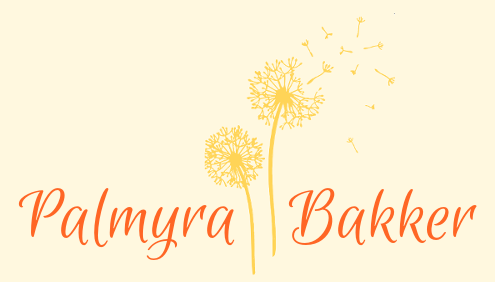
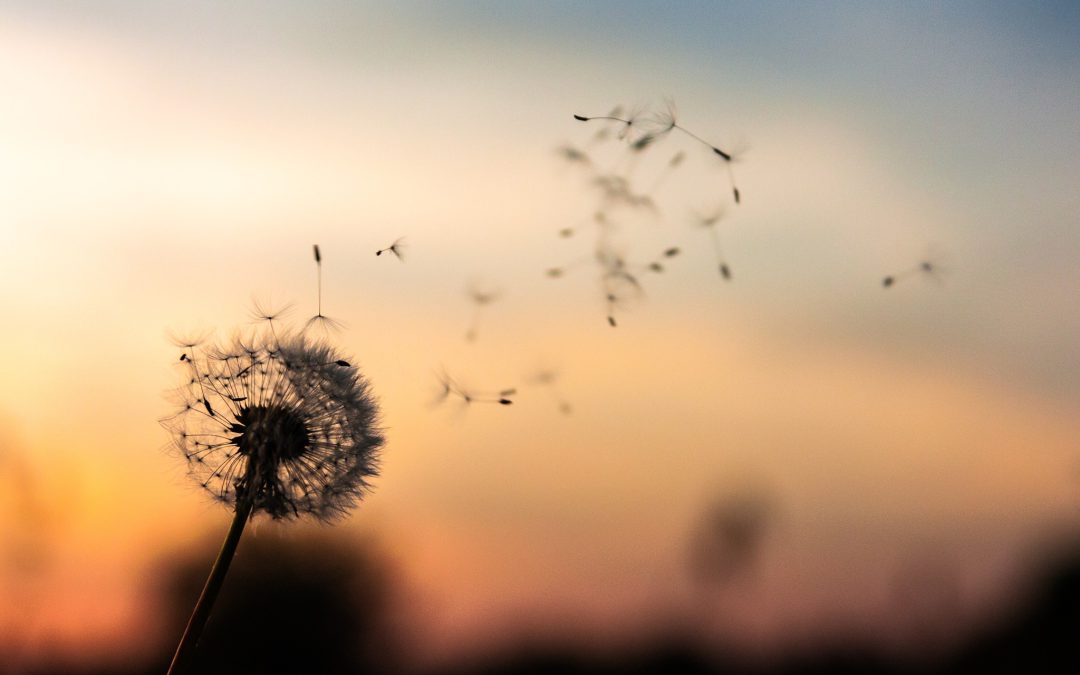




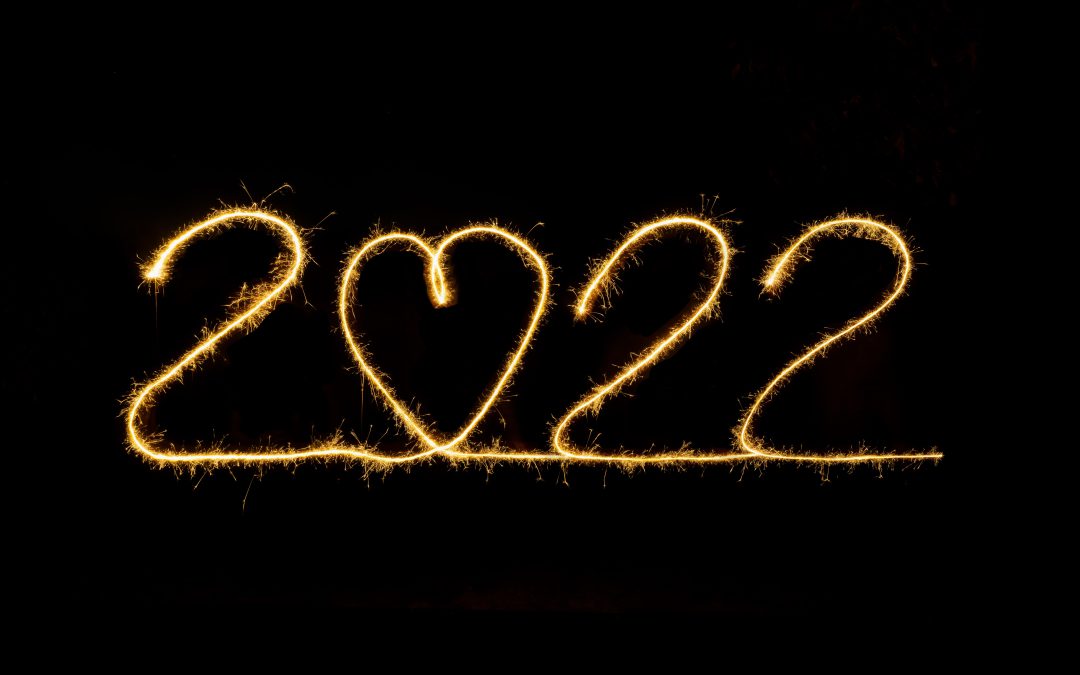
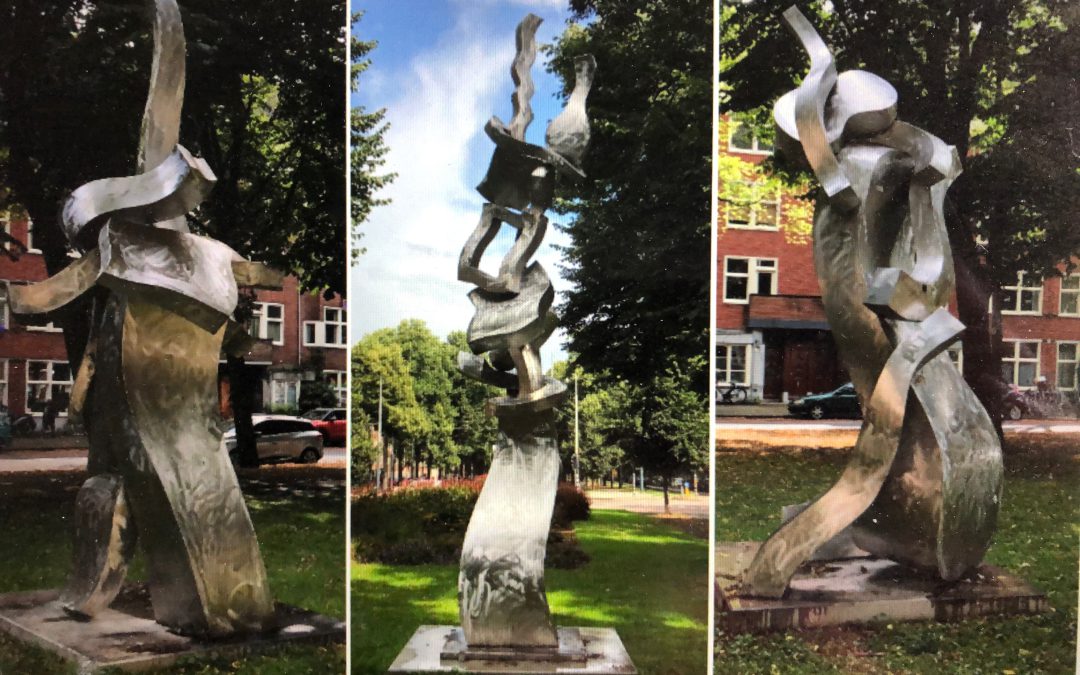
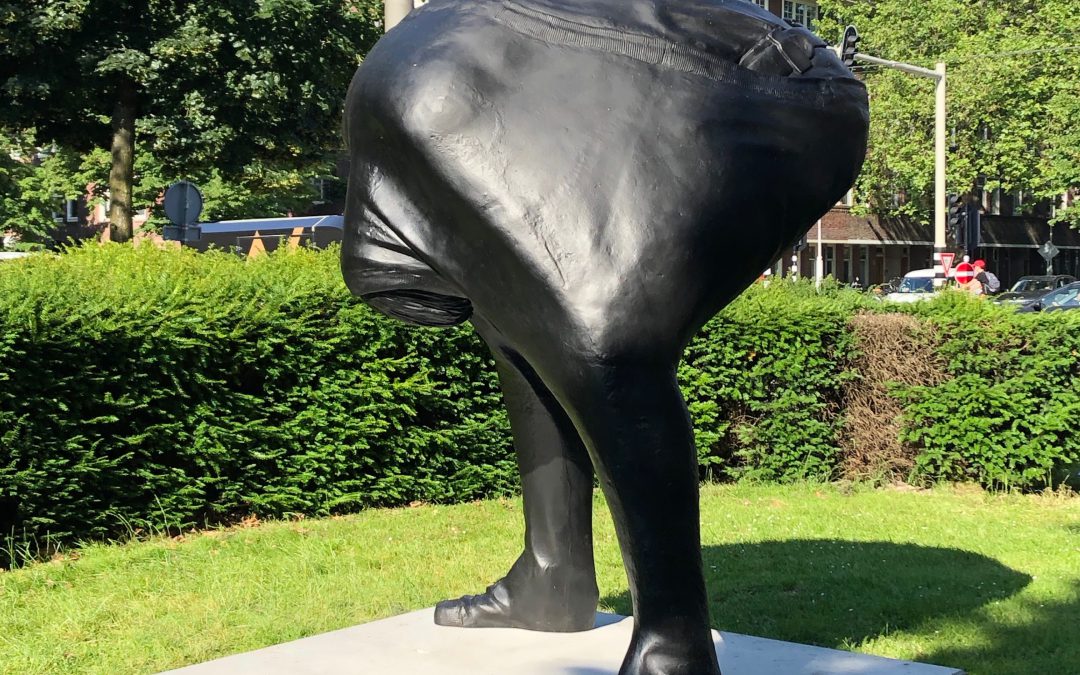
Recent Comments